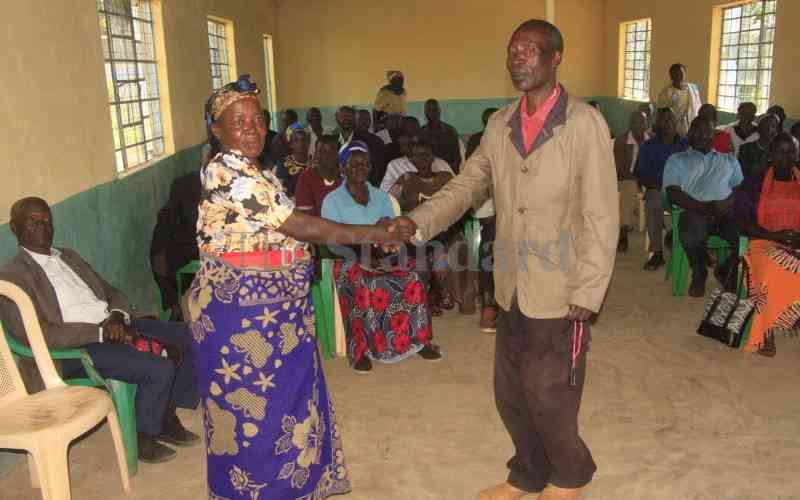×
The Standard e-Paper
Fearless, Trusted News

For more than six decades, members of the Kuria community have relied on their traditional court system to resolve several disputes, a practice that has been passed down through several generations.
Members of the community claim the high cost of filing cases in the country's judicial system has pushed the community to stick to their traditional court set-up as an alternative dispute resolution mechanism.